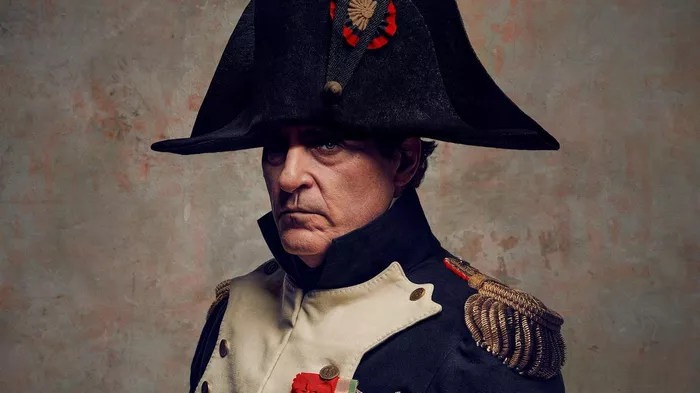Inaccurate Ages, Grotesque Scenes, and Bombing Pyramids: A Historical Fiasco
The recently released Napoleon movie is facing a barrage of criticism from French historians who are not holding back in pointing out the glaring historical inaccuracies scattered throughout the film. From mixed-up ages to a scene involving a grotesque horse incident and even the historically questionable bombing of the pyramids, the movie is being dubbed as a historical fiasco by scholars who expected a more accurate portrayal of one of France’s most iconic figures.
I. Lackluster Portrayal: Failing to Capture Napoleon’s Positive Impact
One of the primary concerns voiced by French historians is the lackluster portrayal of Napoleon in the film. While Napoleon is undoubtedly a complex historical figure with both admirers and critics, the movie seems to miss the mark in presenting a balanced view. Critics argue that the film neglects to showcase Napoleon’s positive impact on French society, particularly through the creation of the Napoleonic Code, a legal system that laid the groundwork for modern civil law across the globe.
II. Pro-British Bias: Questioning the Film’s Historical Perspective
The historical inaccuracies in the film extend beyond factual errors to accusations of a pro-British bias in its narrative. French historians argue that the movie tends to present a skewed view of history that favors the British perspective. This bias is seen as a departure from the expected neutrality that historical films are often expected to maintain. The controversy surrounding the film’s historical perspective raises questions about the responsibility filmmakers have in portraying historical events accurately.
III. Omission of Slavery Reinstatement: A Critical Oversight
One of the most significant critiques leveled against the Napoleon movie is its omission of a crucial aspect of Napoleon’s legacy – the reinstatement of slavery in the French West Indies. Historians argue that this omission is a critical oversight, considering that Napoleon himself acknowledged reinstating slavery as one of his biggest regrets. The film’s failure to address this aspect of history is seen as a missed opportunity to present a nuanced and comprehensive portrayal of Napoleon’s complex character and actions.
IV. Navigating Complexity: Balancing Historical Accuracy and Cinematic Storytelling
The criticisms surrounding the Napoleon movie raise broader questions about the delicate balance between historical accuracy and cinematic storytelling. Filmmakers often face the challenge of condensing complex historical narratives into a limited runtime while ensuring that the essence of the events and characters remains intact. However, the Napoleon movie’s missteps highlight the importance of careful research and a commitment to presenting a nuanced view of historical figures and events.
Conclusion: Navigating the Controversy Surrounding Napoleon’s Portrayal
As the controversy surrounding the historical inaccuracies in the Napoleon movie continues to unfold, it sparks a broader conversation about the responsibilities of filmmakers in portraying historical events. French historians, disappointed with the lack of accuracy and a perceived bias in the film, emphasize the need for a more nuanced and truthful representation of Napoleon’s legacy. In the end, the debate over the film’s shortcomings serves as a reminder that while cinematic storytelling allows for creative interpretation, it should not come at the expense of distorting the historical truths that shape our understanding of the past.

